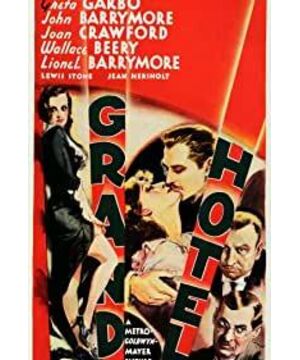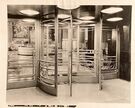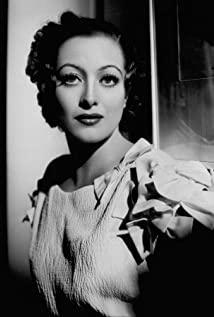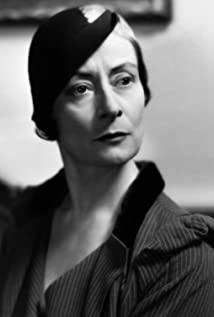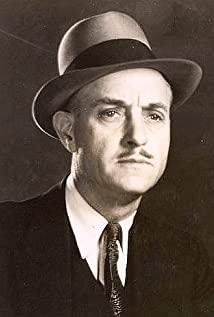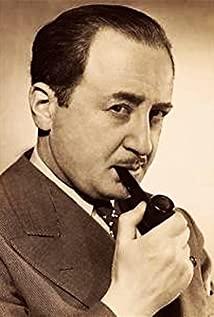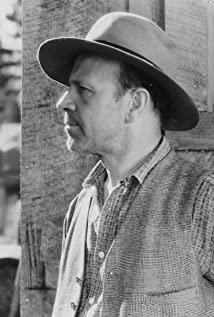Unlike art films, the narrative ability of commercial films is determined by both the filmmaker and the audience. If the filmmakers go too fast, as they do in art films, the audience will not understand. If the filmmakers walk too slowly, the audience will find it not interesting enough. From "The Grand Hotel", we can know that ordinary movie audiences at that time have been able to understand the montage technique of multi-headed clues.
"Grand Hotel" tells the story of a luxury hotel in Berlin. The time span is two days. A ballet dancer who has encountered a career bottleneck, a desolate earl, a small clerk who is about to die and spends all his savings, a businessman who is in trouble in his business, and a beautiful stenographer who is ready to sell himself. These people met in a big hotel and staged a story of conscience and reason, love and redemption.
The editing and shot scheduling of this film is very clever and natural. At the beginning of the film, it was a certain telephone dispatching room. After the dispatchers answered one after another, the audience understood that this was a certain big hotel and the time was morning. After the dispatch room, the picture cuts to the phone booths. In one phone booth, different people are talking to the phone. So the audience knew that the wife of the waiter in the restaurant was about to give birth in the hospital; someone was about to die, he decided to splurge before he died, and live in the hotel, just like his business owner Simpson did; Boss Simpson appeared in the phone booth Here, his business is currently in a life-and-death situation; the ballerina cannot participate in the rehearsal, she is unwell; a baron asks someone to give him money, saying that he has figured out the correct location of the ballerina’s room.
Vaguely, the audience felt that the good show was about to begin.
When the scenes in the film are transferred from A to B, there is no need to edit, and each character's appearance has a source to follow. This film believes in classical montage. Not only did they honestly explain the appearance of each character, but also honestly explained the character of each character to the audience, because according to the theory of Gestalt psychology at that time, the character of the character determines the fate of the character. The character of the character mainly depends on the performance of the actor to show, such as facial expressions, such as lines, such as certain actions that express mental activities. This requires actors to be professional, that is, to have acting skills.
It is precisely because of professional and professional directors, screenwriters, editors, photographers, actors...so every change in the behavior of the characters in "The Grand Hotel" is reasonable. This is an extremely serious and solid narrative skill.
The narrative methods of those well-behaved characters in the film still constitute the narrative principles of today's commercial films. It's just that the time is shorter, the rhythm will be faster, and the performance will be more life-like.
Using these principles to compare domestic commercial films released in recent years, you will find that all commercial films have flaws in their narratives. For example, "Warring States", this is a film with a very serious narrative. The characters in the film come and go, completely lacking explanation, turning the transformation of time and space into a farce of travel. The audience did not know how this character appeared at this moment. I don't know why the characters in the film have such behaviors, and such behaviors actually lead to such consequences.
Therefore, the road to domestic film industrialization will really be a long journey. We must have professional directors, actors, screenwriters, editing, photography...In short, film is a professional art and a professional business. Only by specializing first can we be qualified to talk about industrialization.
The result of treating the audience as fools is that every year, half of the box office in our country is split and handed over to Hollywood. Moreover, half of this saving is still the result of administrative intervention. If there is no administrative escort, domestically produced films will be vulnerable to the domestic market, let alone the international market.
View more about Grand Hotel reviews


